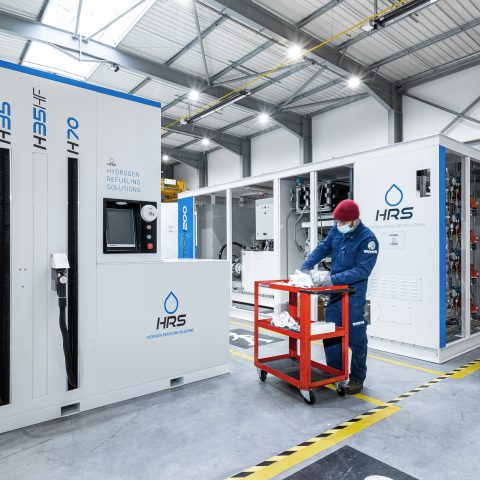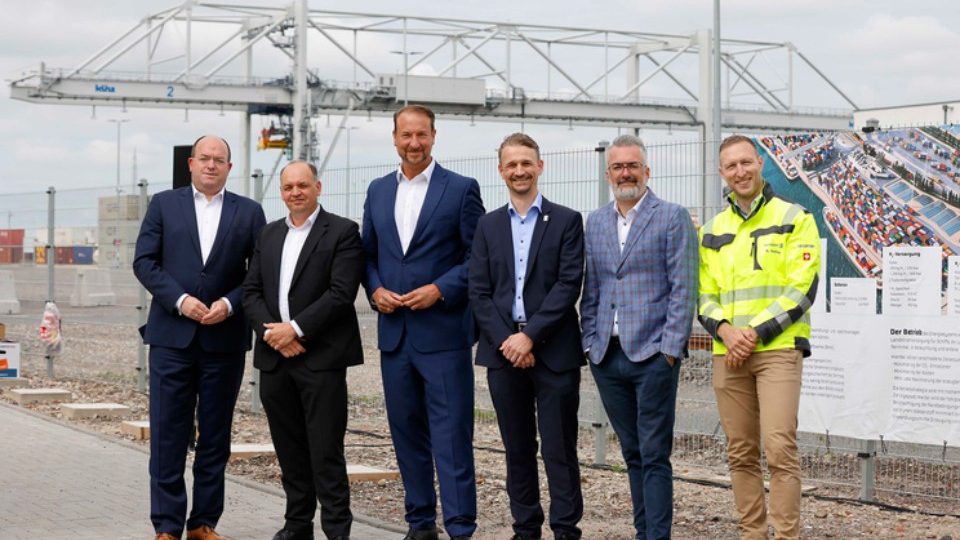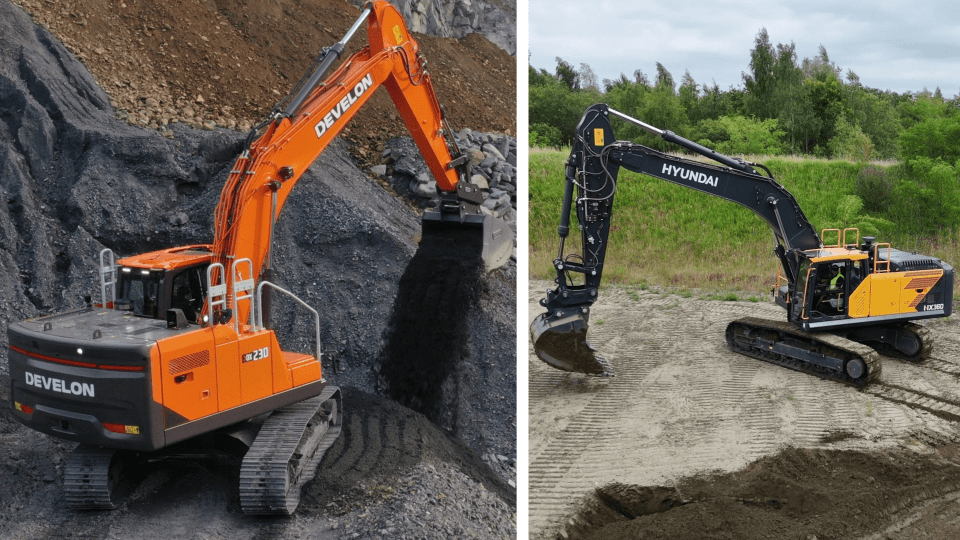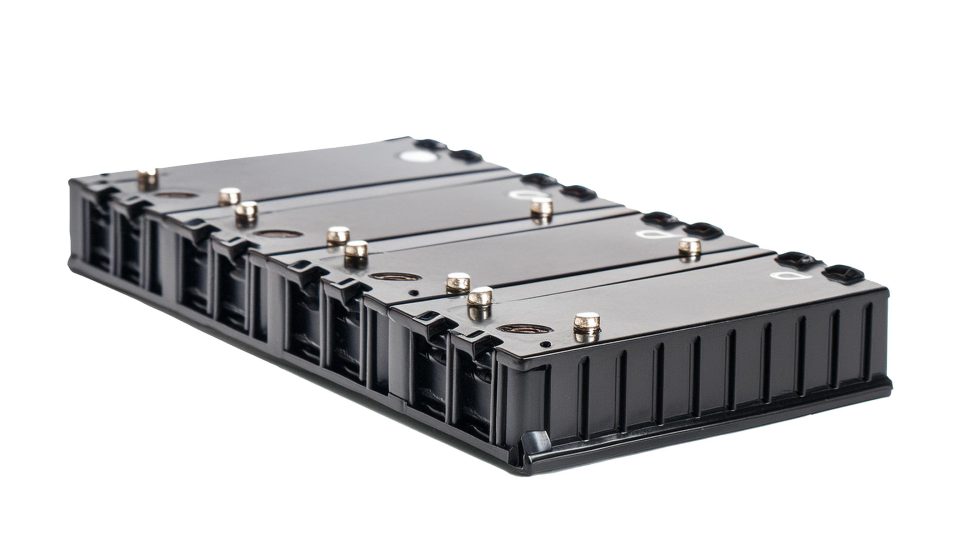Hydrogen: Simplifhy and HRS will collaborate for a common development in Italy
The French company HRS, which operates in the sector of hydrogen refueling stations, and Simplifhy, the Italian hydrogen solution provider, announce that they have signed a collaboration agreement on the Italian market.

Sharing the goal of working together towards a decarbonisation of transport, HRS and Simplifhy have agreed to develop common opportunities in Italy, in order to introduce hydrogen refueling solutions in this rapidly growing market. On 1 July, the Italian government allocated 530 million euros from the National Recovery and Resilience Plan (PNRR) for testing hydrogen for public transport, both rail and road. In addition to this, the plan includes the goal of building at least 40 road refueling stations for light and heavy vehicles and 9 for trains by 2026.
This non-exclusive agreement makes it possible to offer HRS hydrogen refueling solutions on the Italian territory with a local, dedicated and experienced team, reducing the costs and time required for installation.
With a robust experience developed over nearly 20 years, the French company HRS designs, manufactures, sells and maintains hydrogen filling stations for all types of vehicles. Its experience has led to the development of stations with key competitive advantages in many technical details, such as the standardization of components for different projects and with commercial advantages, such as optimized delivery times.
Simplifhy is the first Italian integrator that exclusively proposes decarbonization strategies and systems for industry through the application of hydrogen technologies, both as an energy carrier and as an alternative fuel. Simplifhy develops dedicated and integrated hydrogen production, compression, storage and supply solutions, with experience in installation, service and support.
Sergio Torriani, Simplifhy President and CEO, said: “We share with HRS the vision that the decarbonisation of transport requires a holistic and agile approach. For this reason, we choose to collaborate with qualified companies that can help us to be quick in offering reliable, competitive and ready-to-implement solutions.”











